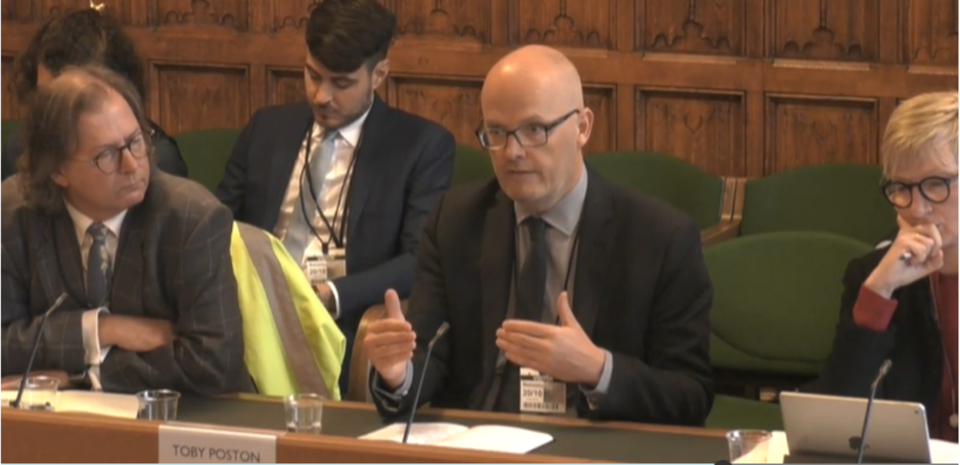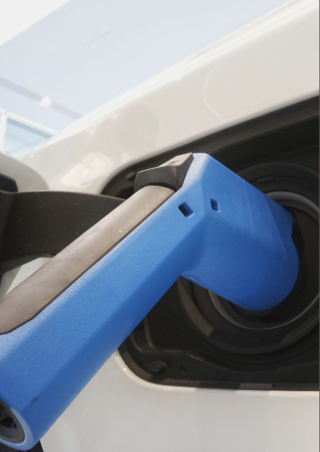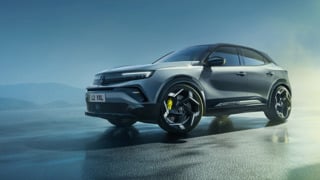By BVRLA director of corporate affairs, Toby Poston
Fleets continue to set the pace for road transport decarbonisation, pioneering new electric vehicle (EV) use cases and feeding affordable zero emission cars and vans into the used market.
Businesses across the UK are determined to cut carbon and demonstrate their sustainability credentials, but this collective willpower is underpinned by a supportive tax environment.
The latest BVRLA data shows that electric is now the most popular ‘fuel’ type of new vehicles coming to the leasing fleet. This is a watershed moment that would not have been reached without low company car tax rates on EVs.
Tax has played a significant, undeniable role in the uptake velocity the fleet sector has achieved.
Low benefit-in-kind (BIK) rates are allowing salary sacrifice schemes to democratise access to EVs and extend their appeal beyond high earners and the most environmentally conscious.
More than 60% of salary sacrifice EV drivers are basic rate taxpayers. It is right that we highlight public infrastructure and greater vehicle choice as important drivers for wider uptake of EVs, but let us not forget that BIK tax incentives are an essential one.
When it comes to the BIK incentive, foresight is almost as important as the low tax rate itself. Future BIK rates are only published up until 2024/25 and greater clarity is needed to consolidate the success seen so far.
Continuing uncertainty or any reliance on last-minute adjustments would risk slamming the brakes on EV adoption instead of moving into a higher gear.
From a Government revenue perspective, maintaining BIK incentives gets more expensive as BEV market share continues to grow.
Treasury will want to start increasing taxes on EVs as they become ‘mainstream’ and will expect supply side stimulants including the Zero Emission Vehicle Mandate to do more of the ‘heavy lifting’ currently provided by BIK incentives.
This transition from an incentive-driven EV BIK regime towards one that is based on the value of the benefit received needs to be handled incredibly carefully if we are to avoid any major hiccups on our road to a 2030 phase-out.
We are in the grips of a long-term vehicle supply crunch and an inflationary cost-of-living crisis that is being driven largely by energy prices.
In the same way that it has given consumers and businesses the reassurance of an energy price guarantee, the Government needs to give electric company car and salary sacrifice drivers the tax foresight they need to enter their next three- or four-year contract. Now is not the time to be announcing significant BIK rate increases for EVs.
In a hugely supply-constrained and costconscious market, the Chancellor must maintain low BIK rates to avoid the UK falling further behind in the global race to decarbonise road transport. Until electric cars are the only choice, they must remain an attractive, cost-effective one.
This is a crucial juncture in our #SeeTheBenefit campaign. We are asking industry professionals to support the campaign by writing to the new Chancellor, urging him to support the uptake of electric cars by keeping BIK rates low and giving foresight beyond the current 2024/25 cut off.
In order to meet bold, ambitious phase-out targets, we need bold, ambitious tax policy.



















Login to comment
Comments
No comments have been made yet.